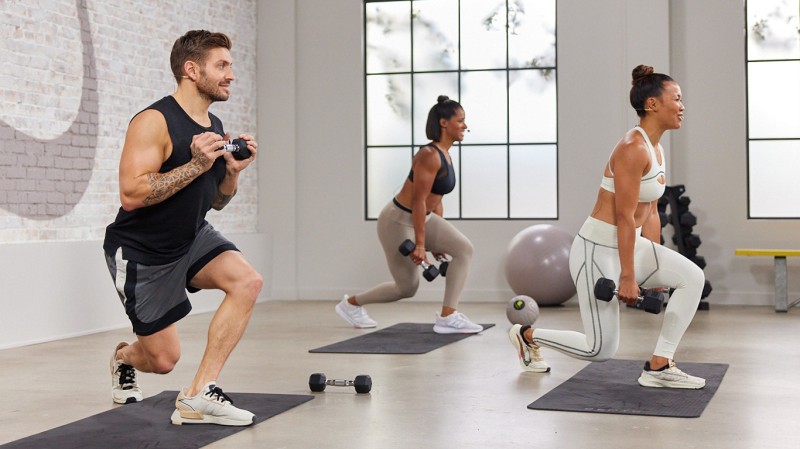In the realm of health and wellness, the “Functional Fitness Coach Movement” has taken center stage. It represents a shift from traditional fitness routines to more comprehensive and holistic approaches that incorporate everyday movement patterns. This movement is not merely about building muscles and losing weight—it’s about improving overall health, longevity, and quality of life.
The Functional Fitness Coach Movement aims to train your muscles to work together and prepare them for daily tasks by simulating common movements you might do at home, work, or in sports. The focus is on building a body capable of doing real-life activities in real-life positions, not just lifting a certain amount of weight in an idealized posture created by a gym machine.
Studies have repeatedly shown the efficacy of functional fitness. A 2022 study from the Journal of Sports Medicine and Physical Fitness found that individuals who engaged in functional fitness training saw significant improvements in strength, flexibility, and overall health. Furthermore, a 2024 report by the American Council on Exercise confirmed that functional fitness exercises can enhance the quality of life and decrease the risk of injuries.
So, how does one get started with the Functional Fitness Coach Movement? First, it’s crucial to understand that it isn’t a one-size-fits-all approach. Each person has unique physical abilities and goals. A professional functional fitness coach will tailor a program to your specific needs, helping you to improve your strength and stamina in ways that will benefit your everyday life.
Functional fitness coaches focus on training movements, not muscles. This is a significant shift from traditional training methods. Instead of isolating individual muscles, functional fitness exercises engage multiple muscle groups, thereby improving overall strength and coordination.
When selecting a functional fitness coach, it’s essential to find someone who understands your needs and can modify exercises to suit your abilities. They should also be knowledgeable about nutrition and recovery, as these are integral parts of any fitness program.
Functional fitness training can also be integrated into your existing workout regime. Simple actions like using the stairs instead of the elevator, walking or biking to work, or even doing house chores can all contribute to your functional fitness. Remember, the goal is to make fitness a part of your lifestyle, not just a series of tasks to check off your to-do list.
As part of the Functional Fitness Coach Movement, it’s important to remember that progress takes time. While you may not see immediate results, consistency is key. Over time, you’ll likely find yourself moving more easily, feeling stronger, and living a healthier, more active life.
In conclusion, the Functional Fitness Coach Movement is more than just a trend – it’s a lifestyle change that can lead to improved health, greater strength, and a higher quality of life. So why not give it a try? Your body will thank you.











 : eval()'d code(1) : eval()'d code(1) : eval()'d code(1) : eval()'d code</b> on line <b>2</b><br />
https://mindbodyfuell.com/wp-content/themes/baobao/default.jpg)
